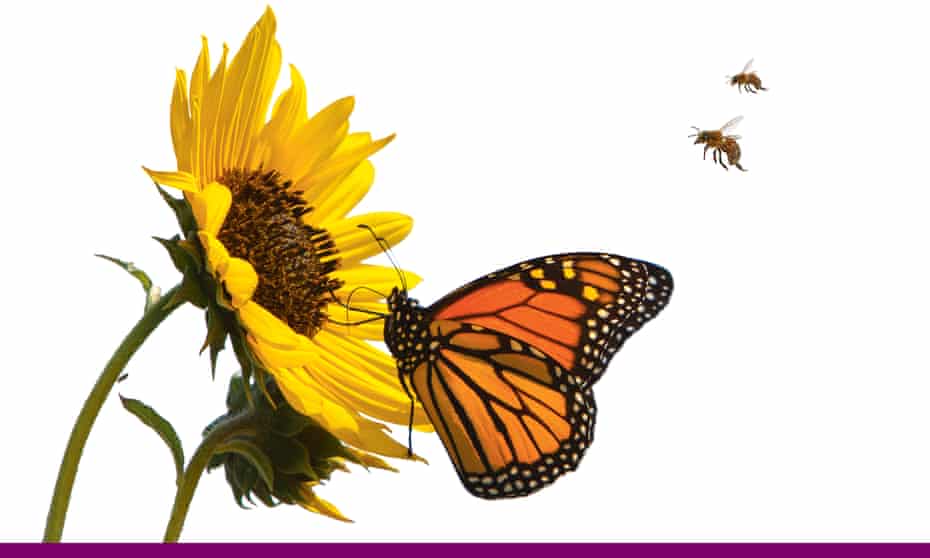Gardening can help save the planet. How? Start with your soil

Sustainable gardening isn’t hard: nurture your soil, save your seeds … and compost
The dictionary has it wrong. Gardening isn’t about plants, it’s about everything else: the soil, the insects, the birds, mammals and reptiles, and how you sit in this world. The plants are the final flourish, the gift of reciprocity from all the others.
This is why, if your aim is just growing plants, gardening can be frustrating: the garden (AKA all of the above) will often laugh at you and send you slugs or bindweed. For a garden to be successful it has to acknowledge the desires of the non-humans, too. In this way, gardening becomes less an act and more a relationship with your soil and the many things she supports.
In a time when we are given so few opportunities to have meaningful relationships with the natural world, gardening is our route back, because it can be done anywhere: on a rooftop, on a windowsill, in your back garden or with a community. This relationship is also subversive, because you get the chance to step outside the capitalist system for a moment. When you grow rather than buy, you alter the supply chain: every homegrown snip of thyme counts. You can barter, swap courgettes for cake or give things away.
You can feed more than just your family. Every plant grown without chemicals will feed the soil food web – thousands of insects from aphids to butterflies – and, with them, the birds. Better still is to save your own seeds, even if it’s just something like rocket that you allow to self-seed. That little seed packet may only cost a few pounds, but it is embedded with resources from labour to fertilisers and fuel for transport. You save for the future too: each seed saved, grown and saved again will start to adapt to your soil, thus helping future generations.
You can take what is waste and turn it into something that you will come to think of as more valuable than gold – good soil. By composting, you reduce your carbon and financial footprint; your waste doesn’t have to be transported, nor do you have to buy nutrients in. By embracing rot, you will start to see failure in a new light: that courgette that succumbed to mildew won’t have failed if it goes back to the compost. The bulky mass of courgette leaves will feed billions of microbes.
Quick GuideSaturday magazine Show

This article comes from Saturday, the new print magazine from the Guardian which combines the best features, culture, lifestyle and travel writing in one beautiful package. Available now in the UK and ROI.
By not being too tidy, you can create a sanctuary. Every pile of rotting wood or leaves, every seed head left over winter, every corner not cleared of weeds, every pond of rainwater unpolluted by runoff will provide a safe haven for some creature.
Finally, don’t use peat. It is someone else’s home and you don’t need to wreck that to make yours. All of this matters urgently, so the next generation can learn what gardening means: make a home for everyone, and we may have a fighting chance.
